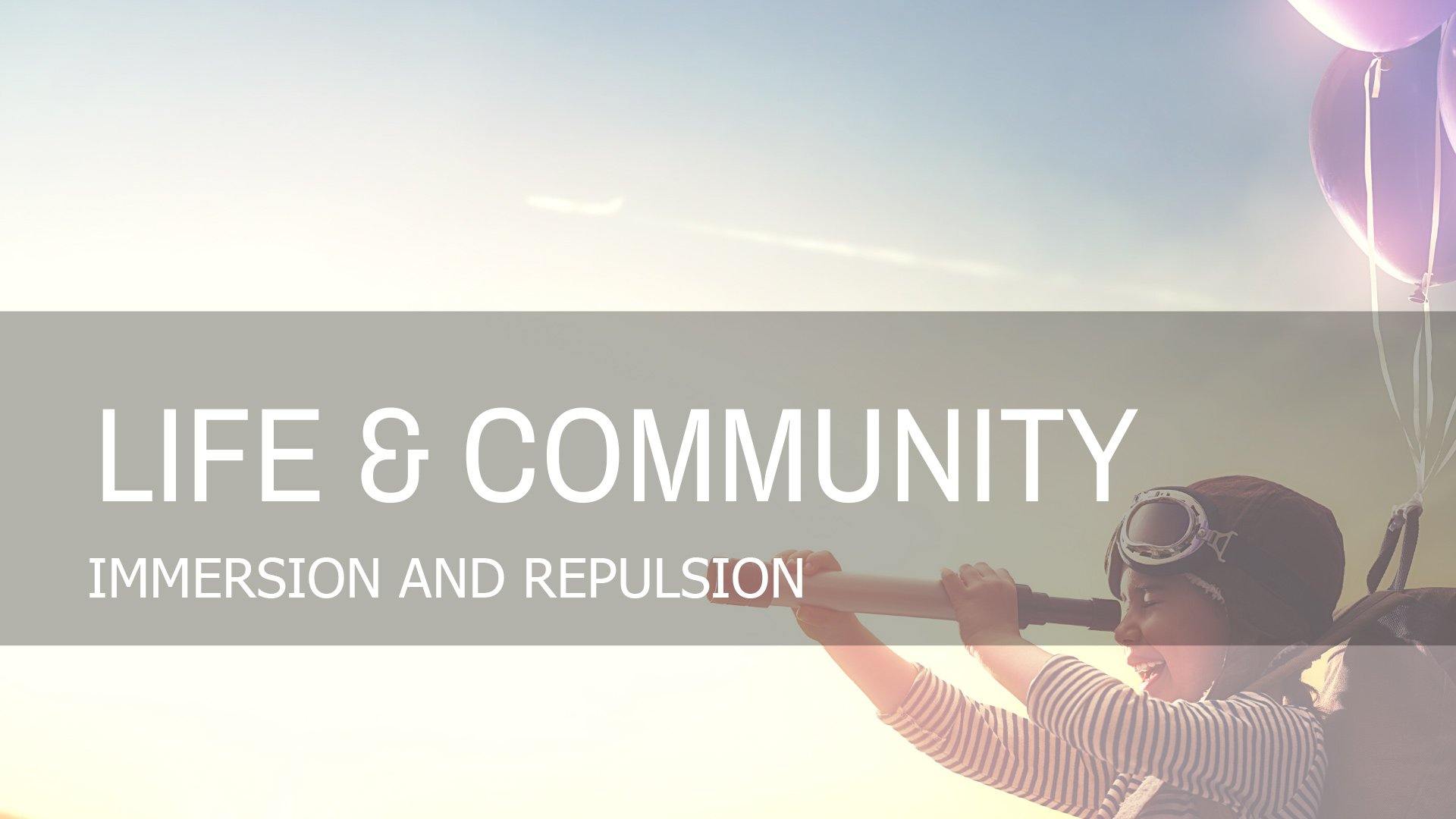
Mar 23 , 2021
Immersion and Repulsion
Empathy is the foresight to be cognizant of another's inherent weaknesses and struggles and to have the grace and humility to let him to grow from within himself rather than to force a well-intentioned agenda. See realistic potential, not an idealized project to take on.
Adding Perspective
When we see others’ suffering and it hits close to home for us, we have two main instinctual reactions: immersion and repulsion. First, if we truly relate to another person’s problems, we often get involved and attached to the outcome. Although it’s natural to want to help, this is also sometimes a means to vicariously resolve our own past mistakes through playing the role of “fixer” or “rescuer”. On the other end, seeing a reflection of ourselves in other people’s turmoil can be difficult to handle and we don’t always want to face it.
Thoughts for the Week
So, how can we remain supportive without losing ourselves along the way? Consistency and emotional boundaries. Give people the space to process their own thoughts and feelings but stay a consistent, positive presence. Some respond well to pep talks and acknowledgment while others would prefer low-key treatment. Adapting to the individual’s actual needs rather than acting on assumptions of what is best and good intentions is at the heart of empathy.
